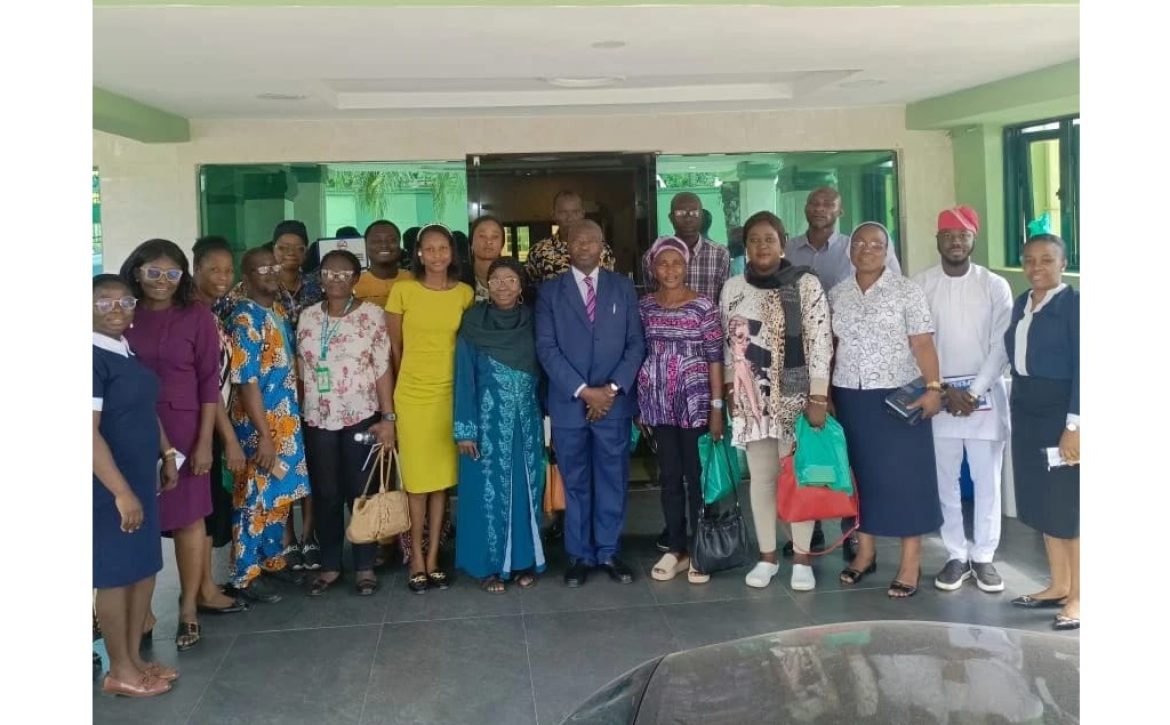OYSACA Leads Charge Against HIV, TB & Gender Human Rights Violations in Oyo State
The Oyo State Agency for the Control of AIDS (OYSACA) recently hosted a stakeholders meeting aimed at strengthening the State’s response to HIV, TB, and gender human rights.
The summit which was held at Koltotel Hotel, Ikolaba in Ibadan, brought together key stakeholders, including Government officials, civil society organizations, religious leaders, healthcare professionals, and community leaders across the State.
In his address at the Summit, the OYSACA Chairman, Dr. Gbola Adetunji emphasized the importance of collective action, stating that “This stakeholders meeting marks a crucial step in our collective fight against HIV, TB, and gender human rights violations.
He said “We must work together to ensure that our response is effective, inclusive, and sustainable.”
Represented by the Executive Secretary of the Agency, Dr. Waheed Lanre Abass, Dr. Adetunji outlined OYSACA’s goals, which include reviewing the current status of HIV, TB, and gender human rights response in the State, identifying gaps and challenges, and developing a comprehensive action plan to sustain and scale up efforts.
The Chairman noted that Oyo State Government is developing a comprehensive action plan to sustain and scale up HIV, TB, gender, and human rights responses, supporting the goal to end AIDS by 2025. The plan He said is aims to contain the HIV situation and ensure treatment availability across all 33 Local Government areas.
He emphasized that ending the AIDS epidemic by 2030 requires a systematic and large-scale approach to addressing stigma. He reported that TB and HIV are interconnected, with one increasing the risk of the other.
He further highlighted that stigma and discrimination remain significant barriers to HIV testing, linkage to care, treatment adherence, and viral load suppression in Nigeria.
He mentioned that “To achieve the shared goal of ending AIDS as a public health threat by 2030, it’s essential to address these inequalities and ensure people-centered responses”.
“We need to do more in terms of testing, linkages to treatment, and treatment adherence for TB and HIV. Ability to identify people living with either HIV or TB is very important and the first step in bringing them to treatment.
“The estimated number of people living with HIV is 58,000. But we have less than 30,000 on treatment. That means we have about 28,000 people that are still living in our community that we have not been able to identify. So we need to scale up our game to identify these people and then bring them into the treatment net.
“On human rights status State response, we are seeing many cases. A man beating his wife on a regular basis, and women being raped or sexually assaulted, but people are not speaking up because of the stigma that is attached”. The Chairman added.
Dr. Adetunji reaffirmed OYSACA’s commitment to leading the charge against HIV, TB, and gender human rights violations, emphasizing the importance of collaboration among stakeholders. By working together, OYSACA aims to ensure a unified and effective response to these critical issues.
Raji K. K
Media Officer.



